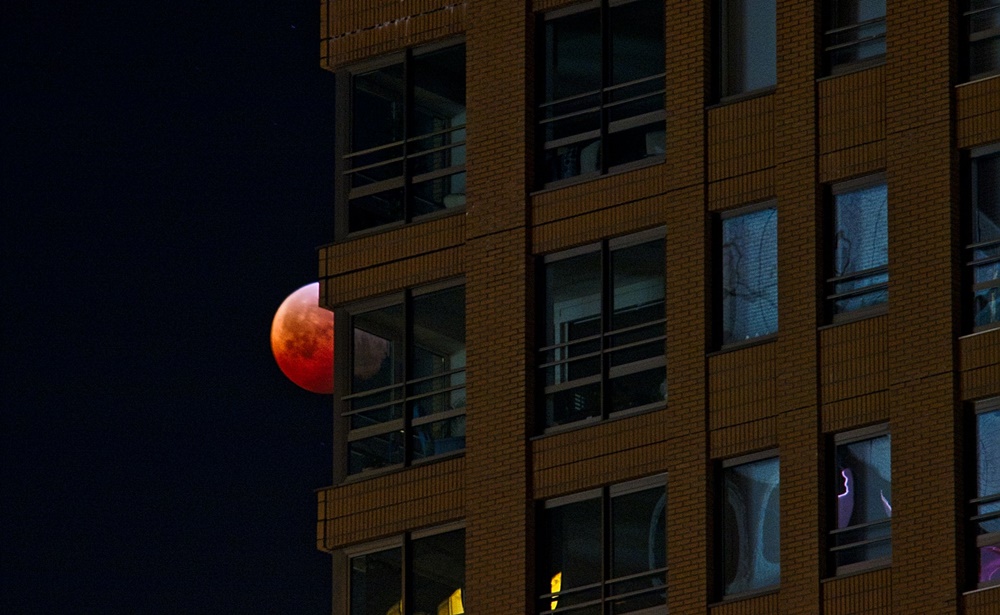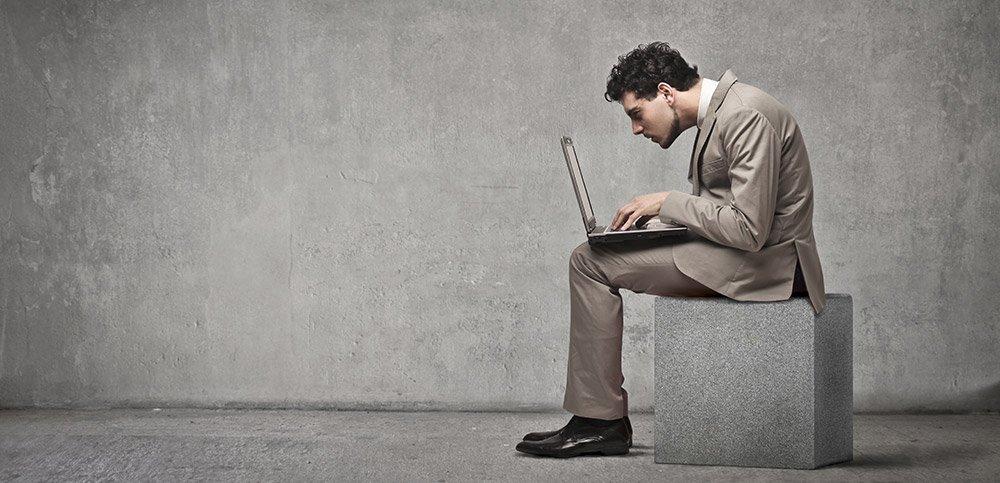The act of worship, known to Muslims as Tahajjud, is not for the faint hearted, but for those who have mastered waking up in the middle of the night to offer a voluntary prayer, it might lead to countless benefits, including improved well-being, better mental health, and more energy, according to an article published in the Metro.
In fact, research found that Muslims who suffered depression were able to better placate their symptoms through prayer. The art of praying Tahajjud requires a lot of discipline and some level of broken sleep.
With health experts constantly reiterating the importance of getting in eight or more hours, the question is: Can the benefits of prayer outweigh the benefits of a solid eight hours of sleep?
Can less sleep be good for you?
It could be argued that spiritual fulfilment (through meditation, prayer, journaling, etc.) is more beneficial than hitting the snooze button for the tenth time. Some experts even go as far as to claim that broken sleep is good for you.
According to historian Roger Ekirch, many of our modern health problems have roots in the way we ignore the body’s natural preference for broken sleep. His research found that before the discovery of artificial light, humans slept for a few hours before waking to engage in activities and then going back to sleep.
Studies have also found that prayer and meditation can deliver similar benefits for mental performance as slumber.
In 2010 the University of Kentucky found that participants who meditated for 40 minutes performed better in a test compared to when they did not meditate, while research by Fitbit also found that people who slept an average of five to six hours per night performed better on tests than people who slept more.
Limited free articles. Subscribe for full access.





 Dr. Bilal Philips
Dr. Bilal Philips